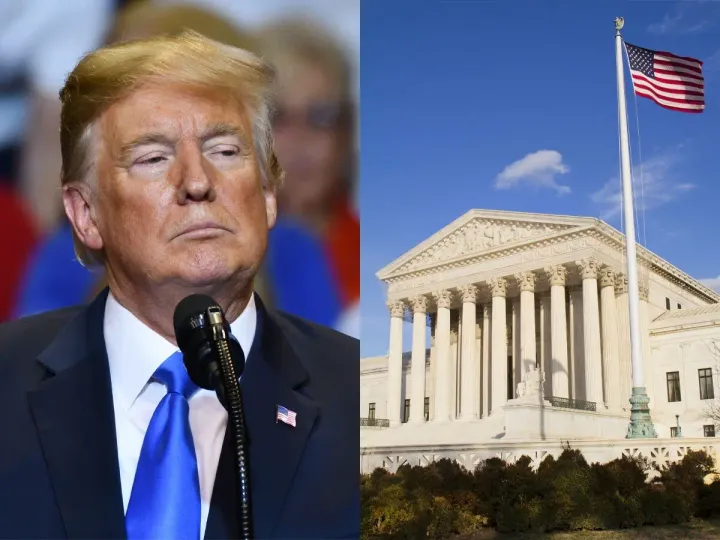Much that once was, is now lost
Lord of the Rings and Political Crises

One of my earliest memories is watching The Lord of the Rings: the Fellowship of the Ring for the first time in theaters (my granny took me). I was in the third grade. I did not know anything about Lord of the Rings when I saw it. The opening sequence immediately captured my imagination and had a profound impact on my life.
I went on to anxiously await the release of the following two films. By the time I was in the eighth grade, I had read The Hobbit and the entire Lord of the Rings series. Fast forward fifteen years, I cannot wait to read The Hobbit to my son. It will be exciting to rediscover the saga with him as if for the first time—now with a different perspective.
Although I grew up reading the Lord of the Rings, it was not until I became a libertarian in 2011 that the allegory of the Ring of Power as government smacked me in the face. It turns out J.R.R. Tolkien fashioned himself as a type of Christian anarchist. Indeed, many connections have been made between anarchist thought and the allegory of the One Ring.
In the hellscape of the world’s descent into COVID totalitarianism and political instability, the themes in the Lord of the Rings are even more identifiable.
Take, for instance, the Kingdom of Rohan. What was a stoic land of warrior horsemen is plauged by mismanagement. Its once honorable King Theoden is reduced to a puppet monarch by the wickedness of Saruman and his Rasputin, Grima Wormtongue.
In Gondor, the White City broods over a crumbling empire of decaying satellites, the throne, vacant, its Steward, an aloof and corrupt magistrate.
Needless to say, the entire story takes place in the midst of an incredible political crisis.
Galadriel outlines the root of this crisis in the introduction to the film, The Fellowship of the Ring:
The world is changed.
I feel it in the water.
I feel it in the earth.
I smell it in the air.
Much that once was is lost, for none now live who remember it.
In the books, these words are actually spoken by Treebeard to Galadriel after the destruction of Isengard:
Then Treebeard said farewell to each of them in turn, and he bowed three times slowly and with great reverence to Celeborn and Galadriel. ‘It is long, long since we met by stock or by stone, A vanimar, vanimálion nostari!’ he said. ‘It is sad that we should meet only thus at the ending. For the world is changing: I feel it in the water, I feel it in the earth, and I smell it in the air. I do not think we shall meet again.’
Both quotes address the tumult of the passing of the Third Age of Middle Earth.
Tolkien was both one of the world’s foremost experts on Anglo-Saxon literature and a combat veteran of the First World War. He knew well the type of turmoil which ushers in a new era of history. As Tolkien’s fantasy world stretches its legacy through the centuries, Treebeard’s quote is as insightful now as it was when Tolkien committed it to ink.
Believe it or not, the Fellowship of the Ring was released in December 2001, three months after September 11. When I saw the film for the first time, I was much too young to understand how September 11 would change the world.
Just like September 11, the world has changed yet again. One not only sees the change around us, but one can feel it. The strain is palpable. The world is stretched taut like the head of a snare drum. The State turns the tensioners and beats it at a maniacal pace.
Like the Lord of the Rings, it is the corrupting lust for power and the failure of traditional leadership that has cast a shadow over the world.
Also like the Lord of the Rings, our faith and hope must lie with the unlikeliest of creatures…ourselves. Common folks who are called to a noble purpose: to save all that was good about the world we left behind in March 2020.

Indeed, much that once was, is lost. However, many yet live who remember it. Its memory fades each day. It is up to us to bear the burden of keeping that memory alive. Of course, we will need each other's help and…Fellowship…along the way.



Comments ()